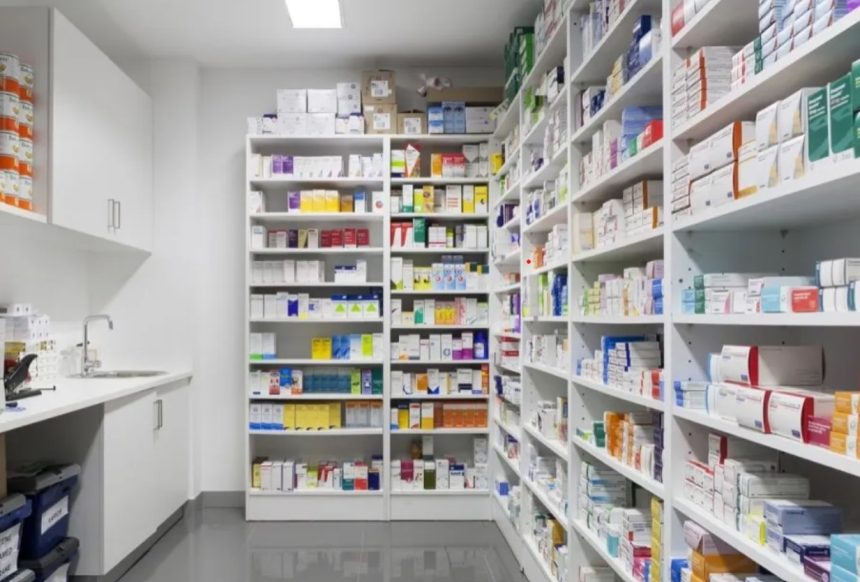Tunji Alausa, minister of state for health and social welfare, says the federal government has finalised the executive order to implement zero value-added tax (VAT) and excise duties on imported pharmaceutical products and medical devices.
Alausa spoke in statement posted on social media on Wednesday.
On June 28, President Bola Tinubu signed an executive order to introduce zero tariffs, excise duties, and VAT on imported pharmaceutical inputs.
The federal government had said the move was aimed at revitalising the Nigerian health sector and increasing the production of healthcare products.
Providing updates on Wednesday, Alausa said the zero percent VAT on pharmaceutical products had been cleared for gazetting.
He said the initiative is expected to enhance the operational capacity of local pharmaceutical manufacturers and reduce the prices of essential healthcare supplies.
“The new framework allows the Federal Inland Revenue Service (FIRS) and the Nigeria Customs Service to implement these tax exemptions, paving the way for local producers to fully benefit from the relief measures initiated by President Bola Ahmed Tinubu.
The minister said the scheme would alleviate the financial burden on millions of Nigerians reliant on critical health supplies, aligning with its commitment to improving healthcare access and affordability.
“This is a critical milestone that will foster a healthier, more self-reliant nation. By supporting local manufacturers, we are unlocking the healthcare value chain and making quality healthcare more accessible for all,” Alausa said.
Alausa said the gazetting of the harmonised implementation framework marked a key achievement in the ministry’s four-point agenda, focusing on unlocking the healthcare value chain.
“Copies of the framework will be disseminated to relevant agencies for prompt action, signalling a concerted effort to improve healthcare delivery across Nigeria,” the minister added.
Alausa said the initiative is widely viewed as a positive step toward stabilising the pharmaceutical market and ensuring that essential medications and medical devices were available at lower costs.






